Increased Travel Demand
The Hospitality Real Estate Sector Market is currently experiencing a surge in travel demand, driven by a resurgence in both leisure and business travel. According to recent data, international tourist arrivals are projected to reach 1.8 billion by 2030, indicating a robust growth trajectory. This increase in travel is likely to stimulate the demand for various types of accommodations, including hotels, resorts, and vacation rentals. As travelers seek unique experiences, the Hospitality Real Estate Sector Market is adapting by diversifying its offerings to cater to different demographics. This trend suggests that investors may find lucrative opportunities in developing properties that align with evolving consumer preferences, thereby enhancing the overall market landscape.
Focus on Health and Wellness
The growing emphasis on health and wellness is becoming a pivotal driver in the Hospitality Real Estate Sector Market. Consumers are increasingly prioritizing their well-being, leading to a demand for accommodations that offer wellness-oriented amenities and services. Properties featuring fitness centers, spas, and healthy dining options are gaining traction among travelers. Market Research Future suggests that wellness tourism is projected to reach USD 919 billion by 2022, indicating a substantial opportunity for hospitality developers. This trend encourages the Hospitality Real Estate Sector Market to integrate wellness features into their offerings, thereby attracting health-conscious travelers and enhancing guest satisfaction.
Emergence of Alternative Accommodations
The rise of alternative accommodations, such as short-term rentals and serviced apartments, is reshaping the Hospitality Real Estate Sector Market. Platforms facilitating peer-to-peer rentals have gained immense popularity, appealing to travelers seeking cost-effective and unique lodging options. Data indicates that the short-term rental market is expected to grow significantly, with revenues projected to reach USD 113 billion by 2027. This trend compels traditional hospitality providers to adapt their strategies, potentially leading to collaborations or hybrid models that incorporate both traditional and alternative accommodations. As a result, the Hospitality Real Estate Sector Market is likely to evolve, fostering innovation and competition among various lodging options.
Urbanization and Infrastructure Development
Urbanization continues to be a driving force in the Hospitality Real Estate Sector Market, as more individuals migrate to urban centers in search of employment and lifestyle opportunities. This trend is accompanied by significant infrastructure development, including transportation networks and public amenities, which enhances accessibility to hospitality properties. For instance, cities with improved transport links often see a corresponding rise in hotel occupancy rates. The increasing urban population is likely to create a sustained demand for hospitality services, prompting developers to invest in urban hospitality projects. Consequently, the Hospitality Real Estate Sector Market may witness a shift towards urban-centric developments that cater to the needs of a growing urban populace.
Technological Advancements in Guest Experience
Technological advancements are significantly influencing the Hospitality Real Estate Sector Market, particularly in enhancing guest experiences. Innovations such as mobile check-ins, smart room technologies, and personalized services are becoming standard expectations among travelers. The integration of technology not only improves operational efficiency but also elevates the overall guest experience, leading to higher satisfaction rates. Data suggests that hotels investing in technology can see a return on investment through increased occupancy and repeat business. As technology continues to evolve, the Hospitality Real Estate Sector Market is likely to embrace these advancements, positioning itself to meet the demands of a tech-savvy clientele.


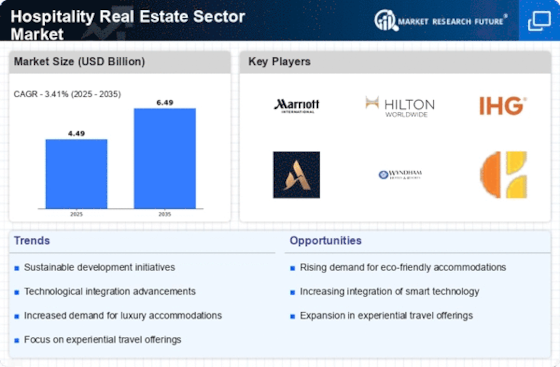
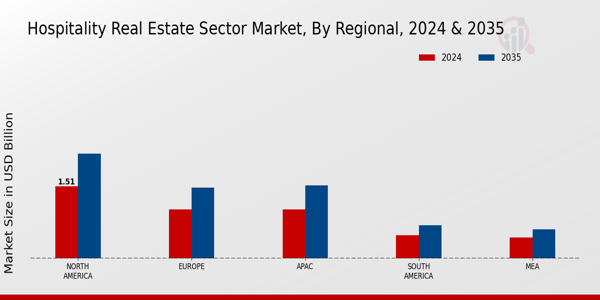


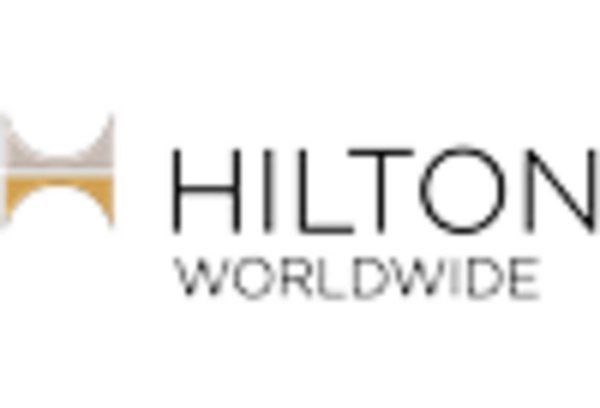
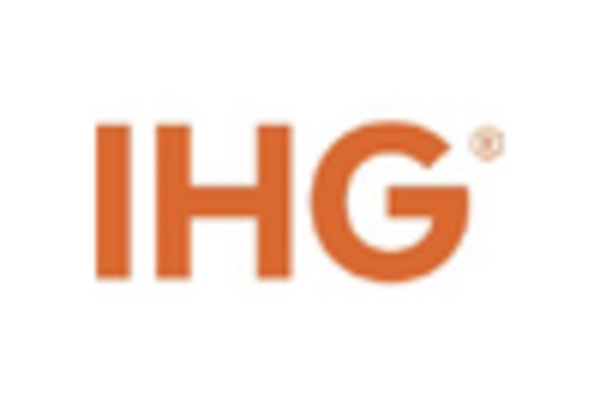
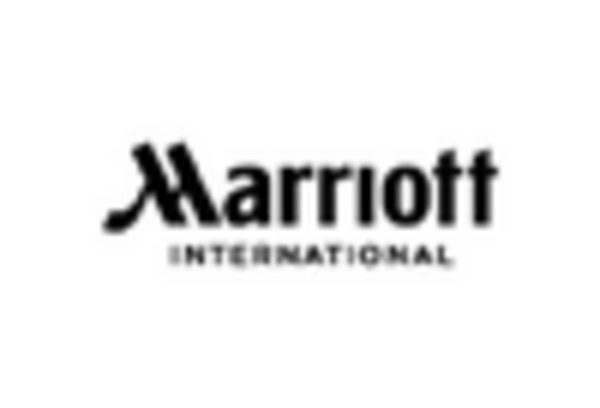









Leave a Comment